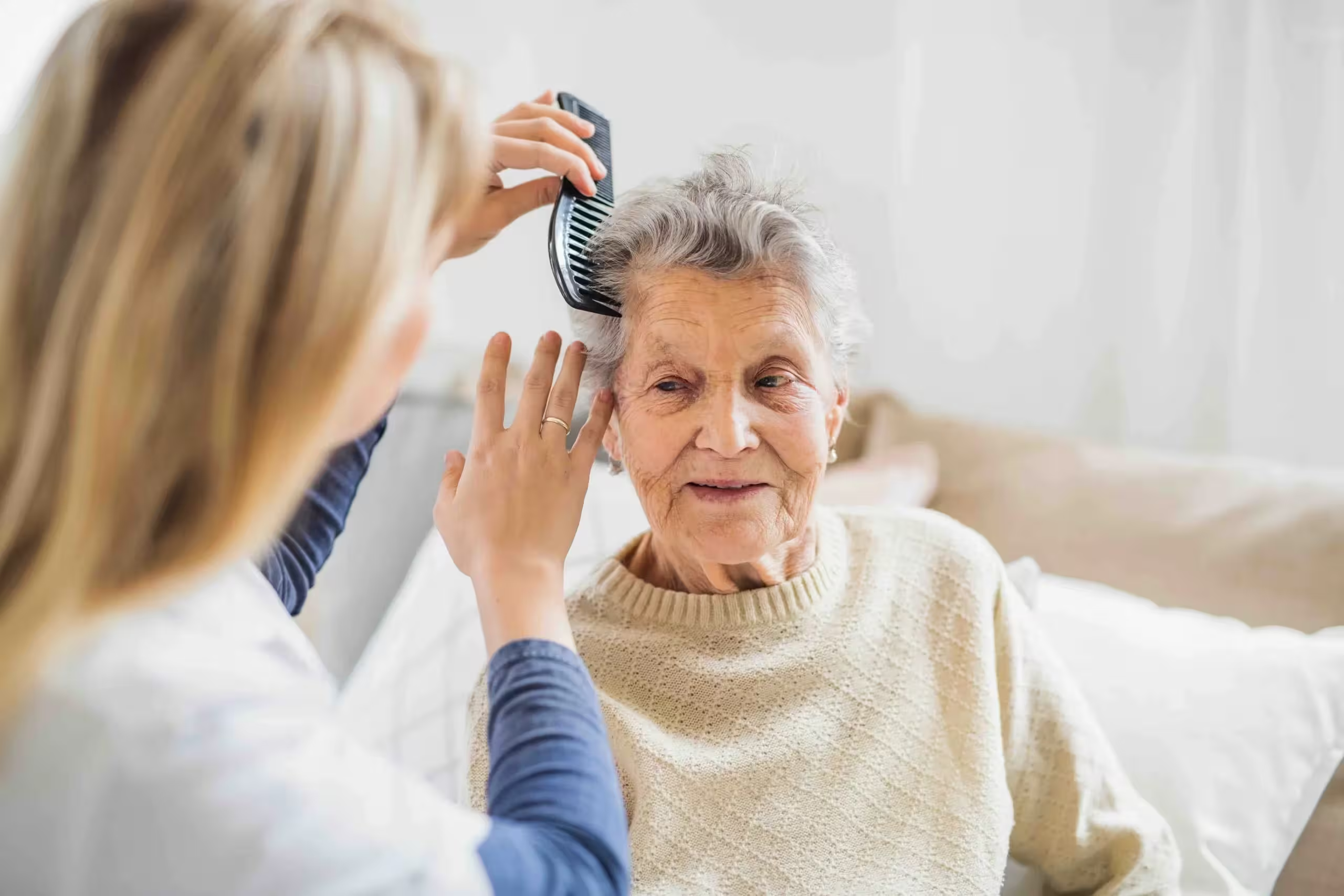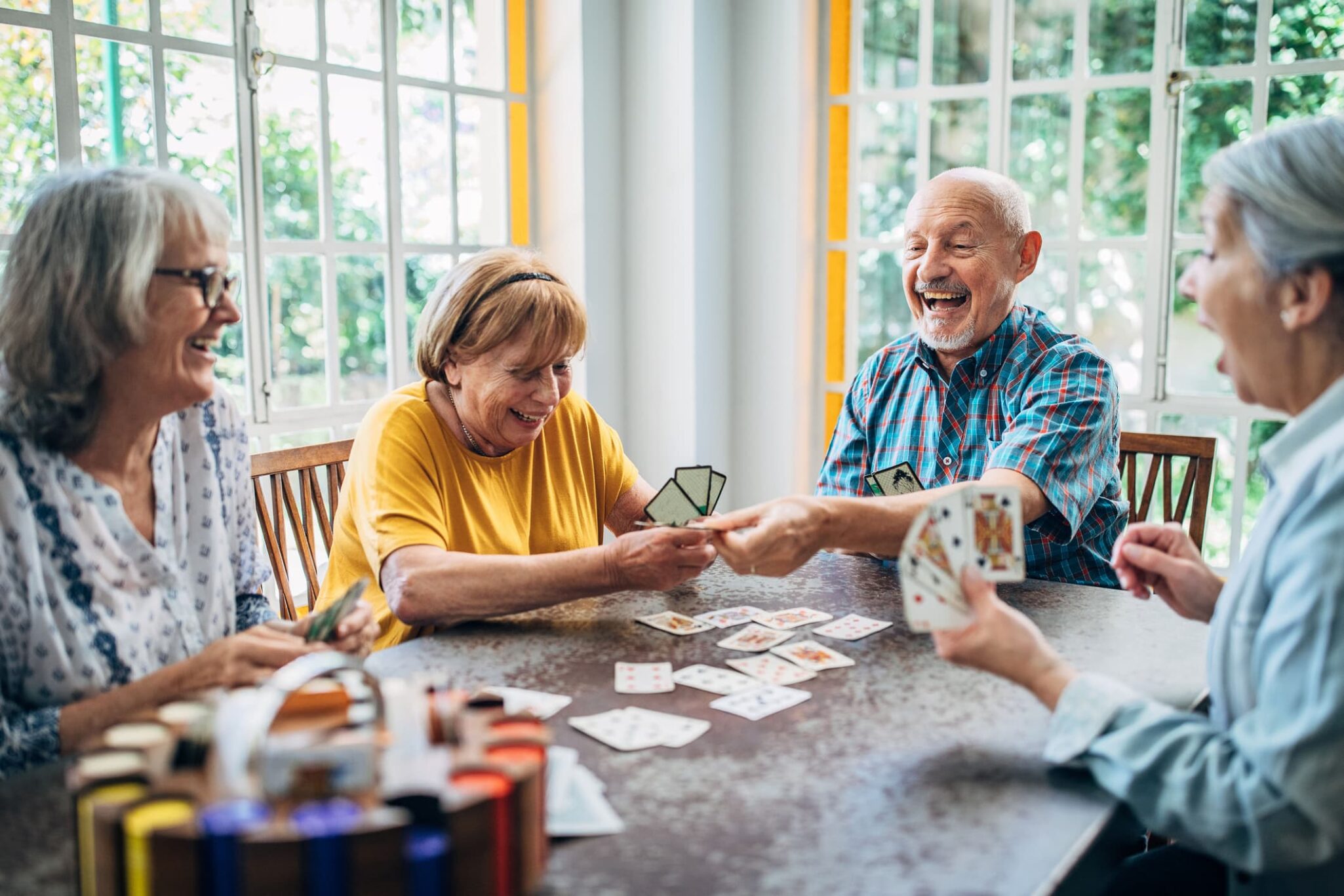Personal Care for Seniors: Ensuring Comfort and Dignity in Golden Years
As our loved ones age, providing comprehensive personal care becomes essential to maintaining their quality of life. While medical care addresses health concerns, personal care focuses on the daily living activities that ensure seniors remain comfortable, dignified, and independent in their own homes. This article delves into the various aspects of personal care for seniors, the types of caregivers available, eligibility for services, and the numerous benefits that come with choosing in-home personal care.
What is Personal Care?
Personal care encompasses the support and supervision of daily living tasks and private hygiene activities. For seniors, this includes assistance with:
- Bathing/Cleaning/Showering: Ensuring proper hygiene to prevent infections and maintain skin health.
- Shaving and Hair Care: Helping with grooming to uphold personal appearance and self-esteem.
- Dressing: Assisting with selecting and putting on clothes, ensuring comfort and appropriateness.
- Oral Hygiene: Aiding in brushing teeth and maintaining oral health.
- Toilet Assistance and Continence Care: Providing support with toileting and managing incontinence needs.
- Eating and Meal Preparation: Preparing nutritious meals and assisting with eating when necessary.
- Mobility Assistance: Helping seniors move safely around their homes to prevent falls and injuries.
- Laundry and Bed Changing: Managing household tasks to maintain a clean and comfortable living environment.
- Skin Care: Regular moisturizing and attention to areas prone to pressure sores.
- Managing a Stoma: Assisting with the care and maintenance of a stoma or catheter bag.
Personal care services offer seniors the opportunity to receive discreet and sensitive one-on-one support from fully trained caregivers, allowing them to live safely and comfortably at home.
Examples of Personal Care Services
Personal in-home care services cover a wide range of both Activities of Daily Living (ADLs) and Instrumental Activities of Daily Living (IADLs). These services are fundamental for seniors to live independently and safely. Key personal care services include:
- Bathing: Assistance with cleaning and personal hygiene to ensure seniors feel confident and comfortable.
- Toileting: Support with using the bathroom, changing continence pads, and maintaining intimate cleanliness.
- Dressing: Helping seniors get dressed and undressed efficiently, promoting independence.
- Grooming: Assisting with shaving, hair care, and applying makeup to maintain personal appearance.
- Eating and Meal Preparation: Preparing balanced meals tailored to dietary needs and assisting with eating if required.
- Medication Reminders: Ensuring seniors take their medications on time, although this is non-medical in nature.
- Mobility: Helping seniors move safely around their homes, reducing the risk of falls and injuries.
Personal Care Assistants
Caregivers play a pivotal role in providing personal care services. There are three main categories of personal care assistants:
1. Family Caregivers
Often comprising sons, daughters, spouses, or other relatives, family caregivers provide personal care services out of love and commitment. They can manage and deliver care independently, depending on the level of assistance required by the senior.
2. Private Care Providers
These are personal care assistants or home health aides who are not affiliated with any agency. They offer personalized care tailored to the specific needs of the senior, often fostering close, one-on-one relationships.
3. Personal Care Agencies
Agencies like Family Choice Healthcare employ numerous personal care assistants who are fully licensed, trained, and vetted. These agencies provide reliable and professional care, ensuring that caregivers meet specific standards of quality and competence.
Who Is Eligible to Receive In-Home Care Services?
Personal home care services are typically available to:
- Elderly Individuals: Seniors who wish to maintain their independence while receiving necessary assistance.
- Persons with Disabilities: Individuals who require support with daily living activities due to physical or mental disabilities.
- Patients Recovering from Injury or Illness: Those who need temporary assistance to regain their independence post-recovery.
- Individuals with Chronic Conditions: People managing long-term illnesses such as dementia, Alzheimer’s, or diabetes.
Unlike home health care services, personal care services are non-medical and do not require a prescription or regular certification. It is crucial to collaborate with the senior, their medical team, and a personal care agency or assistant to determine the most beneficial services for each unique situation. In some cases, a combination of home care and home health care may be necessary to meet all needs effectively.
Benefits of Personal Care Services
Opting for personal in-home care over assisted living facilities or nursing homes offers numerous advantages:
1. Ability to Stay at Home
Most seniors prefer to spend their later years in the comfort of their own homes. Personal care services provide the necessary support to manage simple tasks, allowing seniors to live safely and comfortably at home for extended periods.
2. Lower Cost
Personal home care is generally more affordable than the expenses associated with assisted living or nursing home facilities. This cost-effectiveness makes it a viable option for many families seeking quality care without exorbitant costs.
3. Personalized Needs
Personal care attendants focus on the specific needs of each client. Whether a senior requires 24-hour care or just a few hours of assistance daily, personal care services can be tailored to fit individual requirements precisely.
4. Enhanced Quality of Life
Personal care services contribute to a higher quality of life by enabling seniors to maintain a degree of independence, enjoy companionship, and form close bonds with their caregivers. This personalized attention fosters a supportive and fulfilling living environment.
Safety and Comfort in the Senior's Home
Creating a safe and comfortable living environment is a cornerstone of personal care for seniors. Caregivers should ensure that the home is free from hazards by installing adequate lighting, securing rugs, and removing obstacles that may cause tripping. Additionally, arranging furniture to promote ease of movement and relaxation, along with maintaining a comfortable temperature, contributes significantly to the senior's well-being.
Promoting Personal Independence and Empowerment
Respecting a senior's autonomy is vital for their dignity and self-esteem. Caregivers should encourage seniors to perform tasks they are capable of, involve them in decision-making regarding their care routines, and support their personal preferences. This approach not only enhances their sense of control but also fosters a more positive and respectful caregiver-client relationship.
Establishing Routine and Consistency
A predictable daily schedule provides stability and reduces anxiety for seniors. Caregivers should create consistent routines that include meals, activities, personal care, and rest periods. While maintaining structure is important, flexibility should be incorporated to accommodate changes in mood, health, or preferences, ensuring that seniors feel secure and supported.
Conclusion
Personal care for seniors addresses the fundamental daily needs essential for maintaining independence, comfort, and dignity. By focusing on hygiene, grooming, nutrition, mobility, emotional support, safety, and routine, caregivers play a crucial role in enhancing the quality of life for seniors. Whether provided by family members, private care providers, or personal care agencies, these services ensure that seniors can enjoy their golden years with the support and respect they deserve. Embracing personal care services not only benefits the elderly but also provides peace of mind to their families, knowing that their loved ones are receiving compassionate and tailored care.



